Colorado’s climate bills, including SB21-246, SB21-264, and HB21-1266, aim to reduce greenhouse gas emissions and promote electrification. While they aim to create a greener future, they present significant challenges for businesses and homeowners, particularly in energy supply and costs.
SB21-246: Promoting Electrification
SB21-246 encourages utilities to promote electric appliances over gas alternatives. Although switching is technically voluntary, rising natural gas prices could make this transition inevitable for many. The problem is that Colorado’s electric grid isn’t equipped to handle the massive influx of new demand without upgrades, which could lead to power shortages and increased electricity costs.
SB21-264: Reducing Emissions from Gas Utilities
SB21-264 requires gas utilities to submit clean heat plans, showing how they’ll reduce emissions by 22% by 2030. While this is environmentally positive, businesses reliant on natural gas could face rising operational costs, pushing them toward an electric alternative they may not be ready for.
HB21-1266: Environmental Justice and Equity
HB21-1266 focuses on ensuring low-income and marginalized communities are not disproportionately affected by the shift to cleaner energy. However, it remains unclear how the state will ensure affordable access to electric energy for these communities, especially as energy prices rise.
The Bigger Issue: Limited Electric Supply
All these bills push Colorado towards an electrified future. However, Colorado doesn’t currently produce enough electricity to support this shift. Without significant investment in energy production, the state could face higher electricity prices and power shortages as more buildings are forced to transition from gas to electric.
Colorado’s climate bills aim to cut emissions and create a cleaner future, but without addressing the limitations of the state’s current electric grid, these policies could lead to higher energy costs and potential power shortages for businesses and consumers alike.


